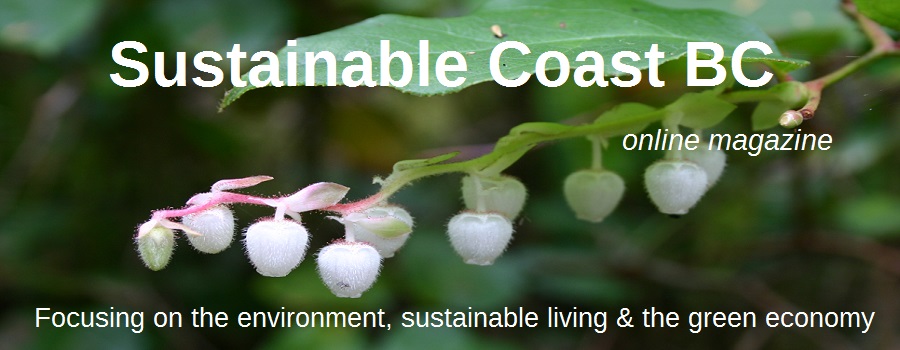Transitioning
- Details
- Category: Uncategorised Uncategorised
- Published: 20 June 2014 20 June 2014
Many queries received: is Obama’s climate effort “too little, too late?” Closely related query: are we at an “oops” moment, a realization that we have pushed the climate system too far, so consequences such as ice sheet disintegration and large sea level riseare now out of our control?
It so happens that I have been working, for a few years, on a paper aimed at a clear quantitative response to the “too late?” and “oops?” questions. I will be very scarce for the next couple of months, because I want that paper to be available by the time of the UN meetings in September.
The answer re “too little?” is obvious from the fact that governments, ours included, are allowing and encouraging industry to go after every fossil fuel that can be found. Rather than dwelling onthat fact, let’s consider the action needed to avoid “too late”. Citizens Climate Lobby just released a study by the non-partisan organization Regional
Economic Models, Inc. (REMI), as a 3-page summary and a full report. Their comprehensive analysis of the impacts of a carbon fee-and-dividend in the United States, with 100% revenue distribution of the money to the public in equal shares as direct payments. The fee would start at $10/ton of CO2 and increase $10/ton each year, with 100%
of the revenue distributed to the public in equal shares.
This approach spurs the economy, increasing the number of jobs by 2.1 million in 10 years. Emissions decrease 33%
in 10 years, 52% in 20 years. Contrary to the wails of fossil-fuel-industry king pins, the fossil fuel fee-and-dividend
stimulates the economy, modernizes infra structure and saves 13,000 lives per year via improved air quality. GDP
increases, with fee-and-dividend causing a cumulative GDP increase of $1.375 trillion.
Why do these results differ from previous studies concluding that a carbon tax would be costly? The main reason is that other studies do not have 100% recycling of funds to the public; instead part of the money is taken as a tax,
to increase the size of government. Also other studies do not use such an aggressive rate of increase of the carbon fee and they do not include the level of detail as in the REMI study. A revenue-neutral fee and-dividend is completely different from a carbon tax, and their impacts on the economy are as different as night and day.
Lesson Learned: Why is Obama reduced to fighting for carbon crumbs via regulations? There would be little merit in
Monday morning quarterbacking, except that another Monday morning is arising. The next Presidency will be a new opportunity, but this time groundwork must be done. President Obama had an opportunity when first elected, when his party had control of Congress, when he had 70% approval rating, when the country expected him to lead. That was the time he should have explained to the public that we must have a rising price on carbon emissions, it
would increase the price of fuel at the pump, but if all the money went to the public it would spur the economy and increase the number of jobs, a lot, thus improving economic performance, energy independence, and national security
–making it much easier for the President to pursue his other objectives.
This was all described in a letter that I wrote to President Obama in 2008.
However, it is difficult to get a newly elected President to understand this story. Don’t blame Obama. His advisers and
“Big Green”, the large environmental organizations that have been in Washington too long, were pushing the 3000-page Waxman-Markey cap-and-trade boondoggle, with giveaways to every lobbyist who could write a page to be stapled into the bill. I dredge up this sorry history to illustrate that we must get involved.
The ask.
How can we make the next President understand what is needed before he or she is elected? We must get the concept of a carbon fee with 100% of the funds going to the public into the political conversation. The dividend can be described as a rebate or clean energy credit.
Citizens Climate Lobby, which I have written about earlier, is growing rapidly, but needs to get bigger and more visible.
Consider joining or starting a local chapter. The immediate ask is that you call your local Congress person on 23 June to express support for climate solutions and specifically for the simple honest fee-and-dividend approach.
The next day several hundred CCL members will be visiting Congress people at their offices in Washington. Calls from constituents on the preceding day could make their visits more effective. Information to help you make the call is available at Congressional Climate Call-in.
